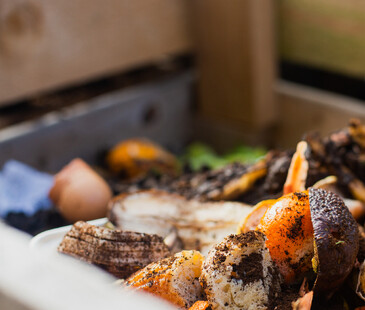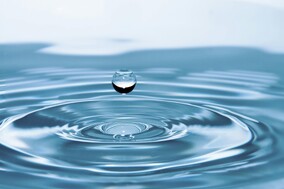Little Buddies Thoughts
Articles from our blog are linked below - we regularly post content about our Food Waste landfill diversion services, and how it works in synergy with our worm farming, waste reduction, sustainability and regenerative farming mission. Access the articles below, or on our blog page
"Worms are the intestines of the soil." - Aristotle
We’re keeping food waste out of landfill and turning it into nutrient-dense compost, as nature intended.
When organic waste ends up in landfill, it rots and produces leachate & powerful greenhouse gasses. There is a better way. We receive food waste, green waste and other organic materials from businesses around the Waikato and turn it into useful vermicompost with the help of our Little Buddies (worm farms).
Let us help your business dispose of food waste waste in an environmentally responsible way that reduces carbon emissions. Through our local network of vermiculture (worm farming) sites, we convert organic waste into a rich soil conditioner that replenishes our soils and helps to grow the next crop of fresh, local goodness.
















